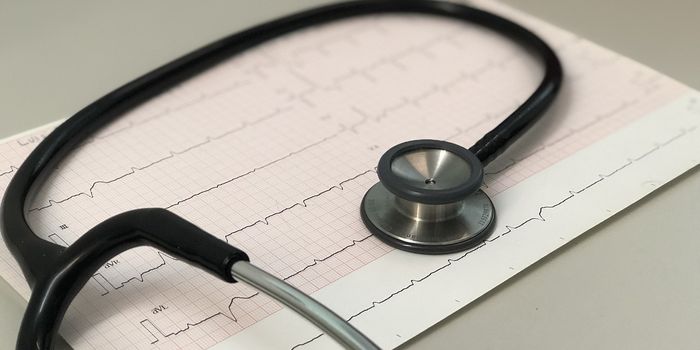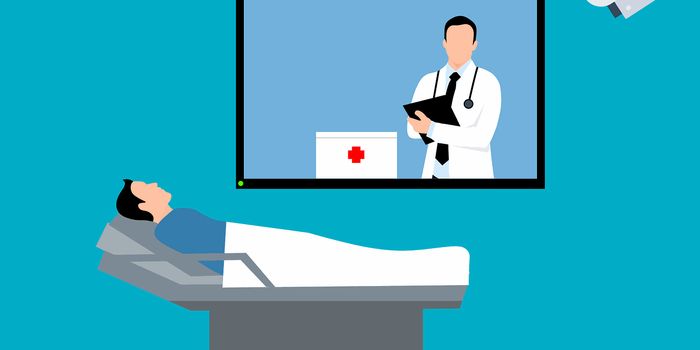Germs don't stand a chance with new AI-powered diagnostic platform
We are steadily losing our edge in the war against infectious bacteria. A huge surge in antibiotic resistance is threatening healthcare and agricultural industries. Annually, 2.8 million people became infected with antibiotic-resistant microbes in the U.S. alone.
Since penicillin, our arsenal of antimicrobial drugs has grown, only to be swiftly overpowered by selective pressure and DNA mutations that give bacteria the upper hand.
In 2015, for instance, the antibiotic Ceftazidime-avibactam was approved by the Food and Drug Administration to treat hospital-acquired pneumonia and other multi-drug resistant infections. Featured as a reserve on the World Health Organization’s List of Essential Medicines, healthcare experts were hopeful that this medication would function as a last resort to resist superbugs.
Disastrously, in the same year of its release, the gut bacteria Klebsiella pneumoniae was found to have acquired resistance, making it a potentially deadly hospital-acquired infection threat.
On the verge of a global medical crisis, Niamh O’Hara, Co-founder and CEO of the biotech start-up, Biotia, saw an opportunity. Using next-generation DNA sequencing and software powered by artificial intelligence, O’Hara and colleagues at Weill Cornell Medicine and Cornell Tech have developed a robust digital platform for diagnosing and controlling microbial infections.
As O’Hara explains, the method most hospitals use to identify pathogens dates back to the 1800s: a process called culturing. Here, bacteria from patient samples are provided with nutrients and optimal growth conditions and allowed to multiply so that a microbiologist can establish their origin. This low-tech system is prone to failure and provides only limited information regarding how successfully the infection can be treated with antibiotics.
Biotia’s system, which recently raised $2.4 million in investment funding, genetically profiles bacteria with unparalleled precision and uses powerful computing systems to predict the likelihood of developing resistance. The artificial intelligence-driven software, known as Chelsea™, scans a genetic database of over 16,000 bacteria, viruses, fungi, and parasites, providing a complete report on exactly what the offending pathogen is and predicts its drug resistance.
Working closely with hospitals during this developmental phase, Biotia’s founders envision a future where healthcare providers can provide rapid, targeted, life-saving treatments and where hospital-acquired infections become a thing of the past.
Sources: Cornell Tech, Biotia.









